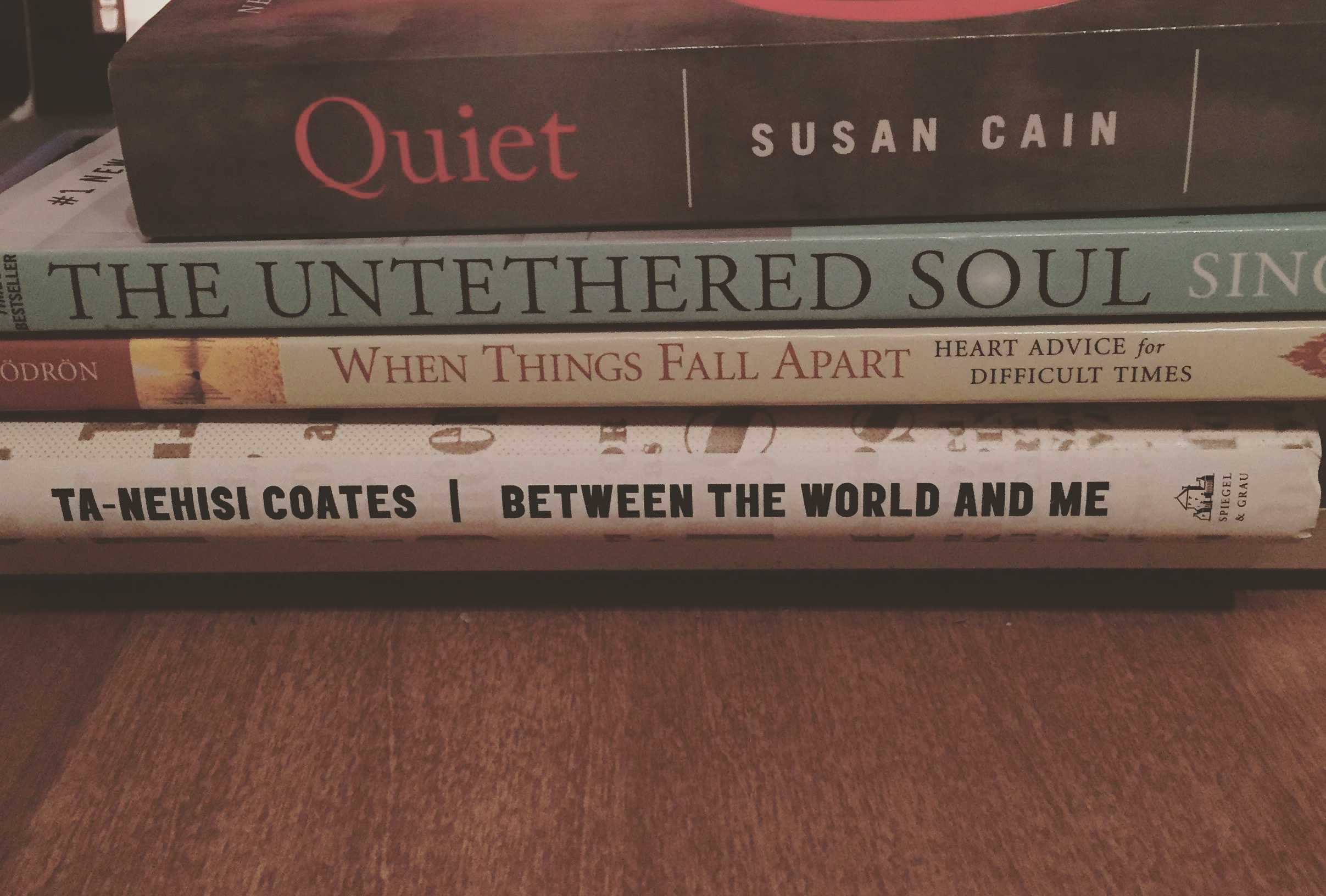The Beliefs We Harbor
I went downtown around 7 A.M. to work at a coffee shop. Just before arriving I noticed a disheveled man standing beneath the hood of a closed restaurant. As I got closer I realized that he was a teenager. He had on a black backpack, a messy t-shirt, and faded jeans that barely fit his large frame. I got the impression that he hadn’t showered in awhile based on his greasy hair.
Just another homeless guy, I thought. I turned my gaze toward the coffee shop a few steps beyond him and walked on.
Before entering he asked if I had a dollar to spare for a drink. I reply with my instinctual, “Sorry, I don’t have any cash on me” and went to move inside.
“Ok. Sorry to bother you. Have a nice night then. I mean, day.”
You too.
Something compelled me to look back at him when I opened the door. I didn’t know what it was - his endless shivering, the fact that he was just a kid, or the guilt I felt for shrugging him off so easily - but I turned around.
Hey, I don’t have any cash, but I can buy you a drink with my card if you want.
He quickly accepted my offer.
I sat at my usual table and invited him to stay, though my guard is up despite any apparent threats to my own safety.
His hands were still shaking from the cold. His sleep-deprived eyes signaled pain. He sat. That’s when I asked him for his story.
He’s 18, hardly an adult. His family is hooked on drugs, he said. He’s never met his mom or sister, only knows that they’re in California, according to his dad.
We had many things in common: enjoyment of rap music, educational values, even political views. He’d been reading at the local library and was trying to find a job to support himself.
His uncle had kicked him out of the house two weeks earlier. He’s had his own fair share of drug use, he said, but he’s trying to get clean. He handed me his college ID card and insisted that he was a student at the local community college, as if to prove to me the validity of his existence.
I didn’t care whether or not his story was a lie, but I felt sad thinking about his desperation. He was just another human being struggling to make his way in this world, like me, only I had been put in more fortunate circumstances. I’m amazed that he slung a few jokes at me despite his situation. I laughed and we continued our conversation for the next hour.
It is in our nature to marginalize and distance ourselves from people who seem different from us. Consciously I know it’s unjust. Yet my actions did not reflect this thought before chatting over coffee with the person mentioned above.
It was hard, initially, to just be ‘me’ with him. It felt icky to shake his hand. I caught myself judging his past and prematurely concluding that his situation was a direct consequence of his actions. I guess it’s easier to preach equality than it is to act in accordance with it.
I think the cure to our unconscious, biased generalizations and categorization of people who are perceived as different from us is to constantly expose ourselves to and interact with a variety of people. We may realize in these moments that they are just like you and me.
